BOK RAISES BENCHMARK INTEREST RATE
입력 2021.08.27 (15:30)
수정 2021.08.27 (16:46)
읽어주기 기능은 크롬기반의
브라우저에서만 사용하실 수 있습니다.
[Anchor Lead]
The Bank of Korea raised the benchmark interest rate by 0.25% point, ending the era of super low interest rate after 15 months. The rate increase came about not to deal with the economic uncertainties caused by the spread of the Delta variant, but to hold down the skyrocketing real estate prices and household debts driven up by a prolonged period of low interest rates.
[Pkg]
The Bank of Korea raised the benchmark interest rate by 0.25% point, the first rate increase in 15 months since the rate was lowered to 0.5% in May 2020. The move was a response to skyrocketing housing prices and mounting household debts. The BOK believes rising housing prices are closely related to ballooning household debts.
[Soundbite] Lee Ju-yeol(Governor, Bank of Korea) : "Borrowing costs will rise and risk-taking behaviors would be discouraged to slow the increase in household debts or housing prices."
The rate hike was also driven by the outlook that this year’s inflation would reach the low 2% range. Some speculated the resurgence of COVID-19 would discourage the central bank from raising the interest rate but the BOK had other ideas. The bank believed that Korea could withstand a higher interest rate since export and investment are faring well and employment stats keep improving. In fact, the BOK’s growth rate projection for the nation remained at 4%, as it did in May.
[Soundbite] "It may slow down spending but not enough to undermine the Korean economy’s recovery."
There is a possibility of another interest rate hike.
[Soundbite] "We took the first step in easing the worsening financial imbalance."
However, the timing of an additional rate increase would be determined by the pandemic's impact on the economy and policy changes of the U.S. Federal Reserve.
The Bank of Korea raised the benchmark interest rate by 0.25% point, ending the era of super low interest rate after 15 months. The rate increase came about not to deal with the economic uncertainties caused by the spread of the Delta variant, but to hold down the skyrocketing real estate prices and household debts driven up by a prolonged period of low interest rates.
[Pkg]
The Bank of Korea raised the benchmark interest rate by 0.25% point, the first rate increase in 15 months since the rate was lowered to 0.5% in May 2020. The move was a response to skyrocketing housing prices and mounting household debts. The BOK believes rising housing prices are closely related to ballooning household debts.
[Soundbite] Lee Ju-yeol(Governor, Bank of Korea) : "Borrowing costs will rise and risk-taking behaviors would be discouraged to slow the increase in household debts or housing prices."
The rate hike was also driven by the outlook that this year’s inflation would reach the low 2% range. Some speculated the resurgence of COVID-19 would discourage the central bank from raising the interest rate but the BOK had other ideas. The bank believed that Korea could withstand a higher interest rate since export and investment are faring well and employment stats keep improving. In fact, the BOK’s growth rate projection for the nation remained at 4%, as it did in May.
[Soundbite] "It may slow down spending but not enough to undermine the Korean economy’s recovery."
There is a possibility of another interest rate hike.
[Soundbite] "We took the first step in easing the worsening financial imbalance."
However, the timing of an additional rate increase would be determined by the pandemic's impact on the economy and policy changes of the U.S. Federal Reserve.
■ 제보하기
▷ 카카오톡 : 'KBS제보' 검색, 채널 추가
▷ 전화 : 02-781-1234, 4444
▷ 이메일 : kbs1234@kbs.co.kr
▷ 유튜브, 네이버, 카카오에서도 KBS뉴스를 구독해주세요!
- BOK RAISES BENCHMARK INTEREST RATE
-
- 입력 2021-08-27 15:30:08
- 수정2021-08-27 16:46:35
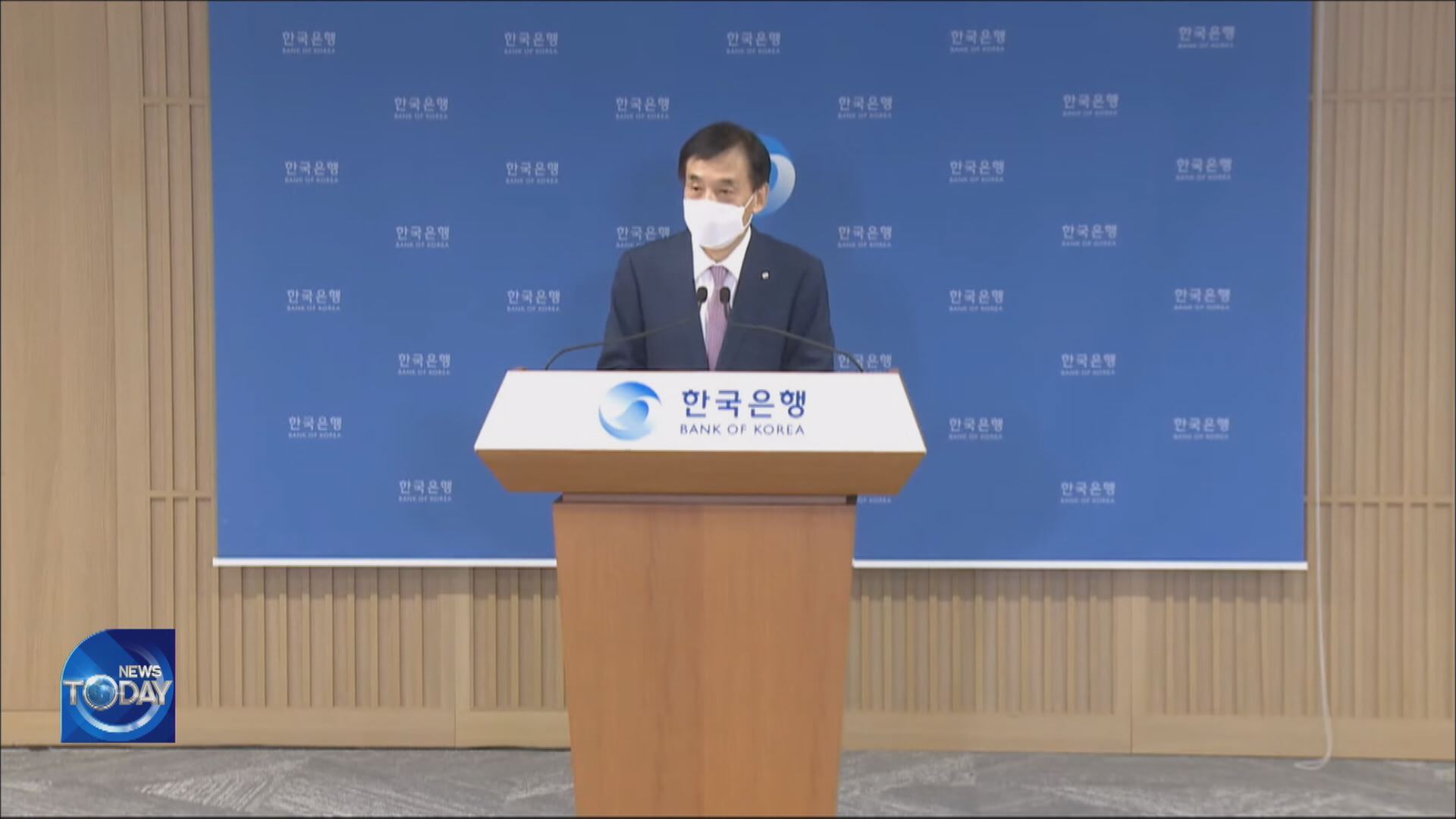
[Anchor Lead]
The Bank of Korea raised the benchmark interest rate by 0.25% point, ending the era of super low interest rate after 15 months. The rate increase came about not to deal with the economic uncertainties caused by the spread of the Delta variant, but to hold down the skyrocketing real estate prices and household debts driven up by a prolonged period of low interest rates.
[Pkg]
The Bank of Korea raised the benchmark interest rate by 0.25% point, the first rate increase in 15 months since the rate was lowered to 0.5% in May 2020. The move was a response to skyrocketing housing prices and mounting household debts. The BOK believes rising housing prices are closely related to ballooning household debts.
[Soundbite] Lee Ju-yeol(Governor, Bank of Korea) : "Borrowing costs will rise and risk-taking behaviors would be discouraged to slow the increase in household debts or housing prices."
The rate hike was also driven by the outlook that this year’s inflation would reach the low 2% range. Some speculated the resurgence of COVID-19 would discourage the central bank from raising the interest rate but the BOK had other ideas. The bank believed that Korea could withstand a higher interest rate since export and investment are faring well and employment stats keep improving. In fact, the BOK’s growth rate projection for the nation remained at 4%, as it did in May.
[Soundbite] "It may slow down spending but not enough to undermine the Korean economy’s recovery."
There is a possibility of another interest rate hike.
[Soundbite] "We took the first step in easing the worsening financial imbalance."
However, the timing of an additional rate increase would be determined by the pandemic's impact on the economy and policy changes of the U.S. Federal Reserve.
The Bank of Korea raised the benchmark interest rate by 0.25% point, ending the era of super low interest rate after 15 months. The rate increase came about not to deal with the economic uncertainties caused by the spread of the Delta variant, but to hold down the skyrocketing real estate prices and household debts driven up by a prolonged period of low interest rates.
[Pkg]
The Bank of Korea raised the benchmark interest rate by 0.25% point, the first rate increase in 15 months since the rate was lowered to 0.5% in May 2020. The move was a response to skyrocketing housing prices and mounting household debts. The BOK believes rising housing prices are closely related to ballooning household debts.
[Soundbite] Lee Ju-yeol(Governor, Bank of Korea) : "Borrowing costs will rise and risk-taking behaviors would be discouraged to slow the increase in household debts or housing prices."
The rate hike was also driven by the outlook that this year’s inflation would reach the low 2% range. Some speculated the resurgence of COVID-19 would discourage the central bank from raising the interest rate but the BOK had other ideas. The bank believed that Korea could withstand a higher interest rate since export and investment are faring well and employment stats keep improving. In fact, the BOK’s growth rate projection for the nation remained at 4%, as it did in May.
[Soundbite] "It may slow down spending but not enough to undermine the Korean economy’s recovery."
There is a possibility of another interest rate hike.
[Soundbite] "We took the first step in easing the worsening financial imbalance."
However, the timing of an additional rate increase would be determined by the pandemic's impact on the economy and policy changes of the U.S. Federal Reserve.
이 기사가 좋으셨다면
-
좋아요
0
-
응원해요
0
-
후속 원해요
0










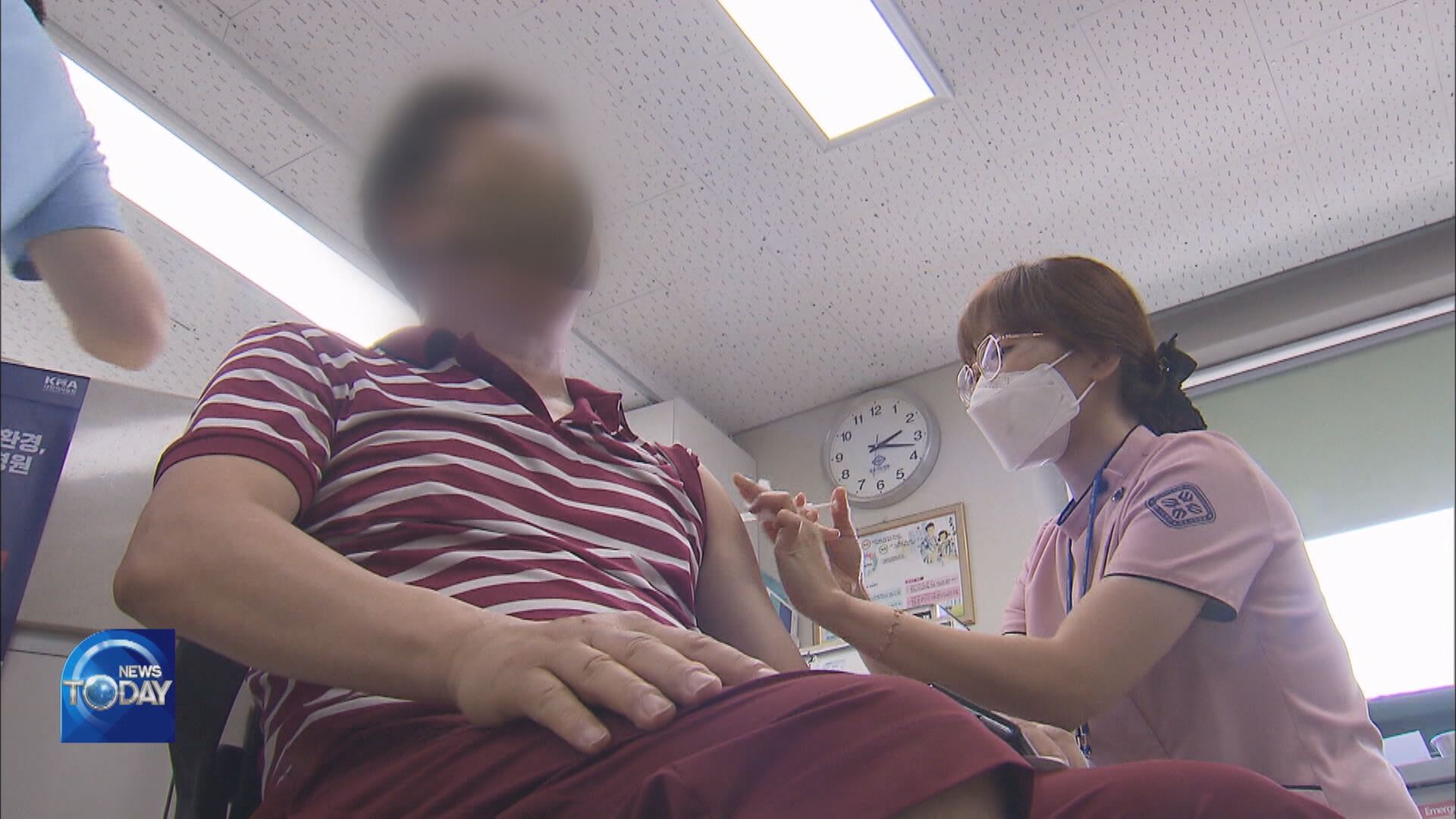
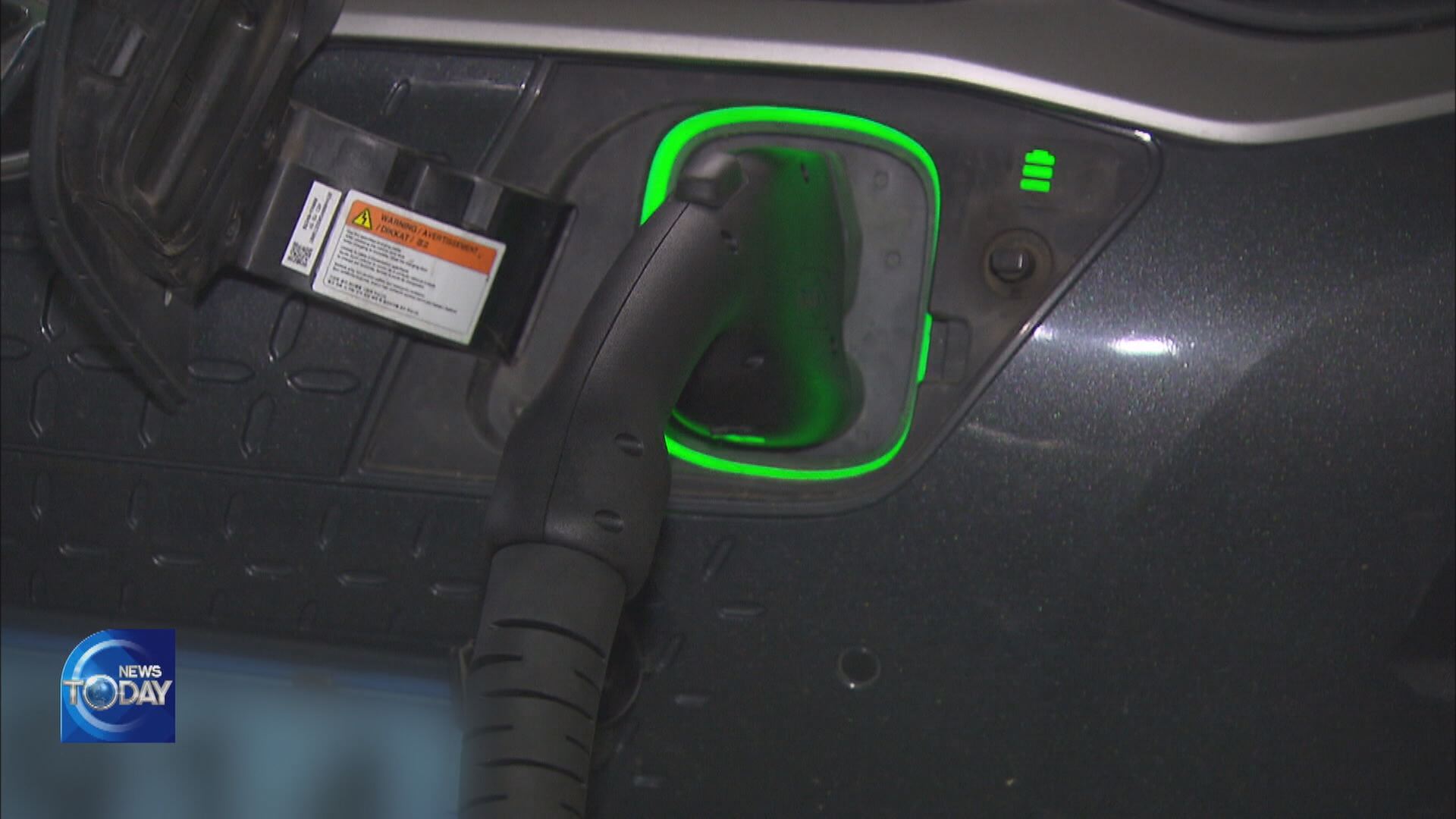
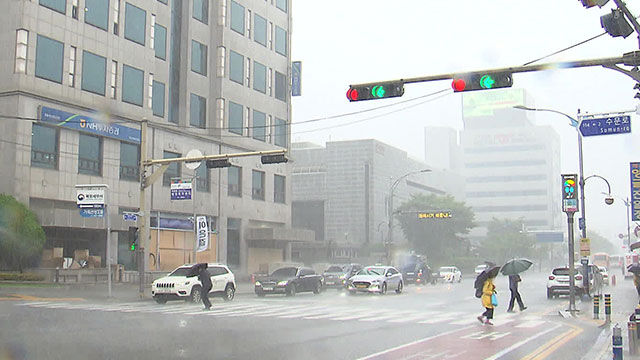
![[단독] 위성락 실장 “전작권 협상 카드 아냐”…차관 인선 발표](/data/layer/904/2025/07/20250713_krfuHu.jpg)
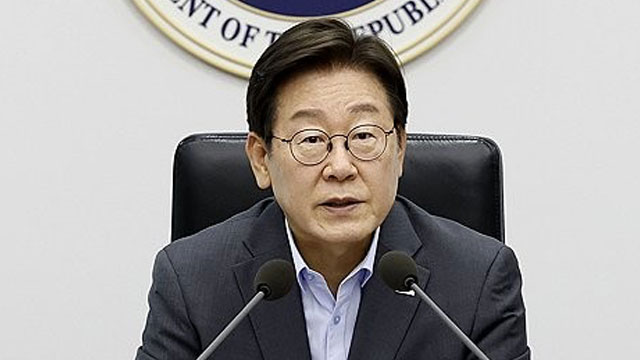
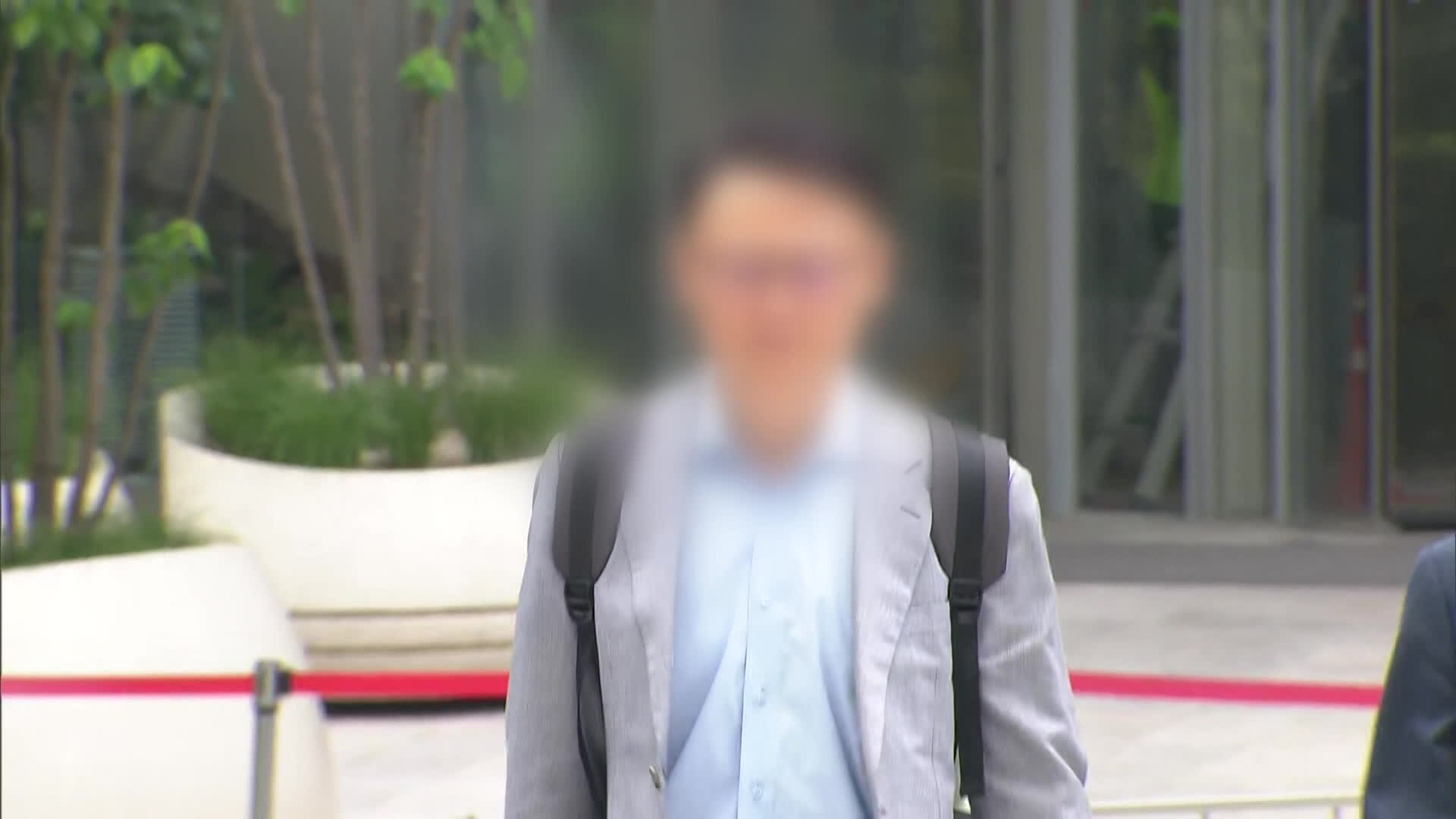

이 기사에 대한 의견을 남겨주세요.